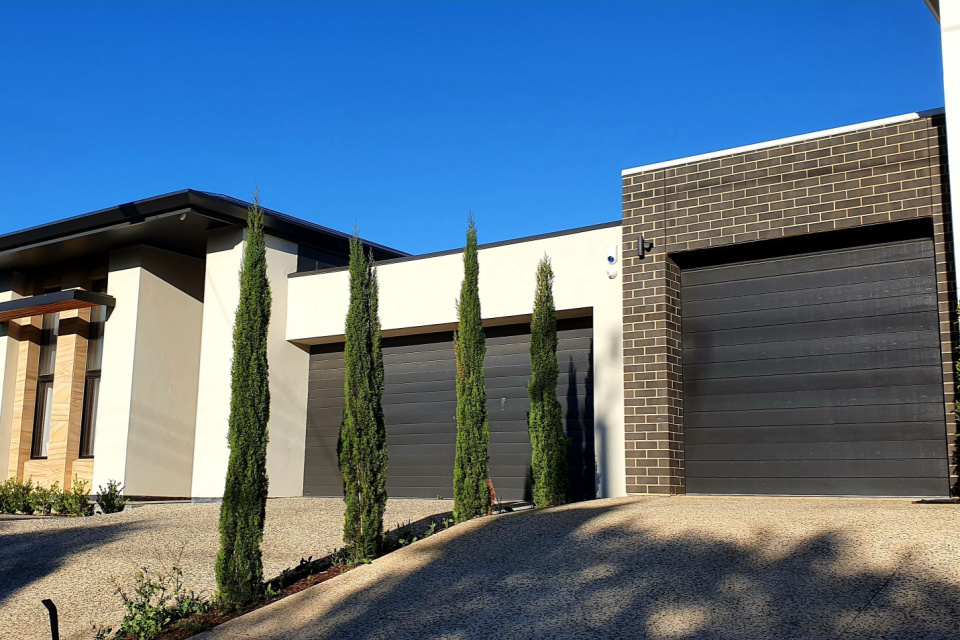
Design solutions for bathroom renovation
02/16/2023
What is the home extension
02/16/2023A home extension is a renovation or addition to an existing home that can make it larger, more comfortable and efficient. Home extension builders can help with a wide range of projects, from renovating an existing room to building a whole new wing on the property. In many cases, home extensions can be quite costly, but careful planning can help homeowners ensure that the project stays within budget and delivers the desired benefits. Here are some things to keep in mind before hiring a home extension builder.
- Determine your budget
Determining how much you can spend on your home extension can help you narrow your search and ensure that you can comfortably afford the project. Some factors that may affect the cost of your home extension include the size of the area you are expanding, the materials you are using and the complexity of the design. You should also factor in any additional costs that may arise such as planning permission and building regulations.
Planning your extension project carefully can help reduce costs and prevent delays. Keep in mind that planning can take up to six months or longer in some cases. Research your design options Conduct research to help you determine the best design and materials for your home extension. This will also help you determine the overall cost of your project and help you identify potential challenges early in the process.
- Talk to the contractor
Research online and review websites to find an experienced contractor who has expertise in your area. A qualified, experienced and reliable contractor is vital to the success of your extension project. Check their credentials and ensure that they have the necessary qualifications to carry out the work required for your project. You should also check their references to ensure that they are reliable and have provided satisfactory service to clients in the past. Make sure that the contractor has the relevant insurances to cover any liabilities resulting from their work and make sure it has the appropriate licences to carry out all work associated with the project. Make sure you get a detailed quotation for the work as well as a breakdown of all the costs involved so that you can avoid any unexpected expenses when the project is completed. And then discuss the details of your extension with the contractor to ensure that everything is clear and that you will achieve the outcomes you desire.
- Get the building permit
In most cases, you will need to apply for a building permit before starting any work on your property. The local authorities may also require you to submit plans for a building inspection before you can proceed. Ask the contractor to apply for a building permit on your behalf so you can avoid the delays and hassle of the application process.
- Choose a material that suits your budget
When it comes to choosing building materials, you have a wide range of options in terms of price and quality. Budget-friendly materials such as brick and timber are often a good choice if you are looking for a low-cost solution that is easy to install and maintain. These materials are also well suited to traditional designs. High-end materials such as marble, granite and stainless steel have the benefit of a timeless look but tend to be more expensive. Consider your home’s architectural style and existing décor when deciding which materials to use for your extension. If you are adding an outbuilding or pool to your property, make sure you check with your local council or local government to ensure there are no restrictions in place regarding the construction of new buildings on your property.
- Don’t pay upfront
Cash is king in most industries, but not when it comes to building an extension on your home. Builders will typically ask for payment at various stages of the project rather than up-front. This is to ensure that you are happy with the progress and quality of work before proceeding with the next stage of the process. Final payments should only be made once the work has been completed and you are satisfied with the results.
- Develop a contract
Understand the scope of the work to be done and make sure the quote you receive from your contractor includes all of the details outlined in the contract. It will also help minimise the risk of disputes should a problem arise during the project. Ask your builder to detail the costs associated with each stage of the project in the contract and provide a written schedule of the work to be completed. Specify the exact start date and end date for the project as well as the payment terms to avoid any unnecessary delays or additional fees. You should also include a clear specification of the materials and equipment that will be used in the project as well as a schedule of works to be completed at each stage of the project. This will ensure that the contractor is clear on what is required and provides clear guidelines to any issues that may arise during the construction process.
This will help you have a clear idea of how much it will cost to complete the work and identify any additional costs that are not included in the initial quote.
- Prepare for the demolition process
Before you commence the demolition phase of your project, you should check with the council to identify whether you will need planning permission for the extension and to ensure that any existing buildings on the site are in compliance with building codes and other regulations. You will also need to remove any existing structures on the property including fences, trees and water features as these will need to be removed before construction can begin. Your contractor should also assist you with clearing the site and preparing it for demolition by securing any dangerous materials that may be a risk during the removal process such as asbestos. Start the demolition process once your contractor has completed preparations and obtained any necessary permits to remove your existing structures and dispose of them safely. If your property has heritage listed status you may need to obtain approval from an inspector before any work can commence.




